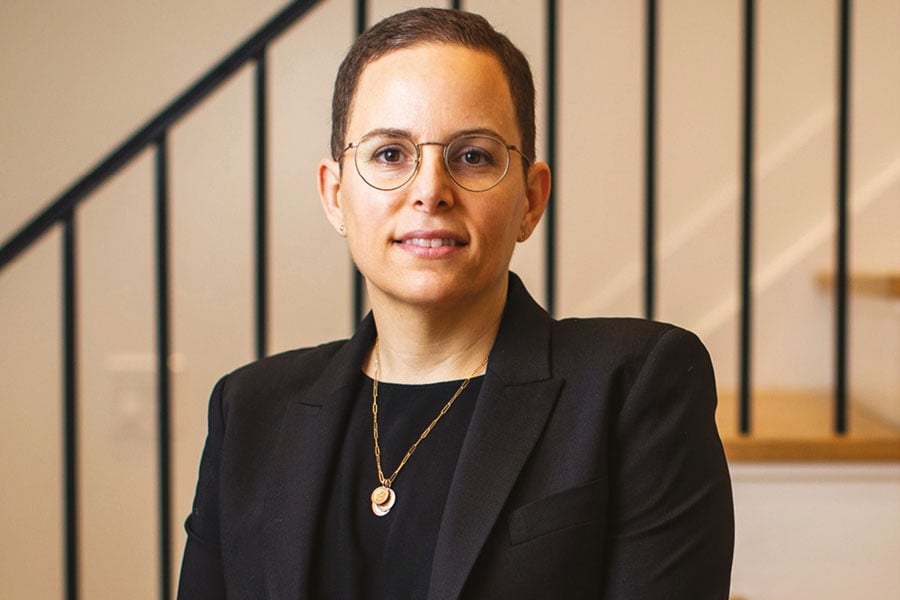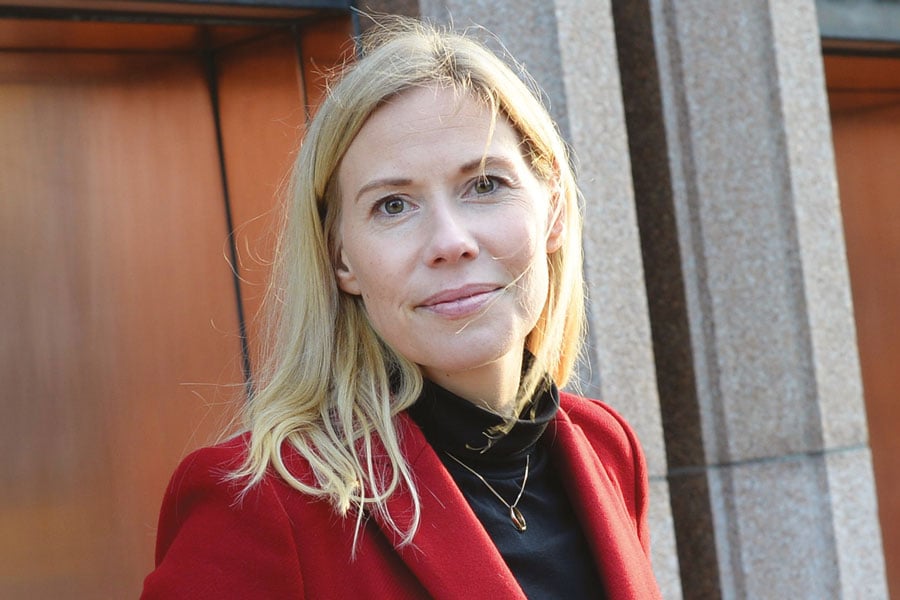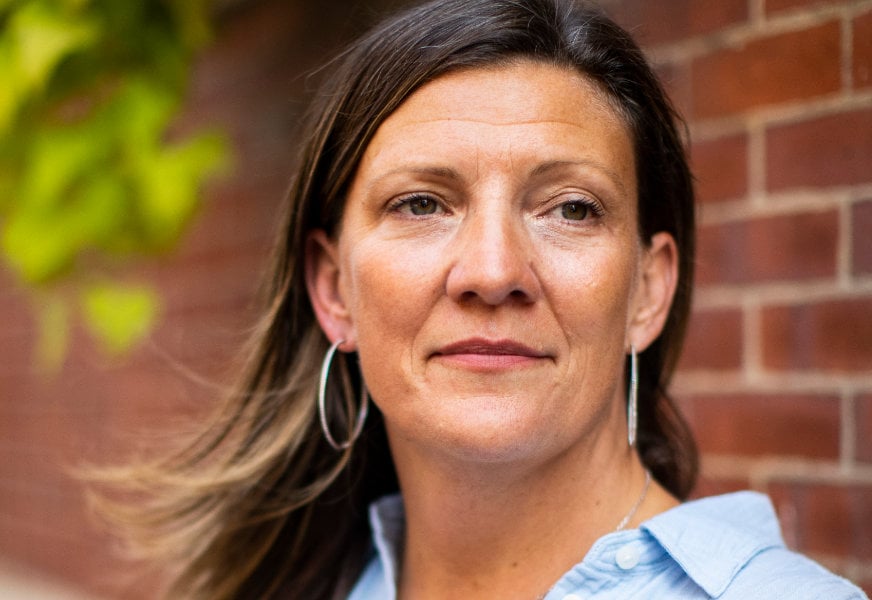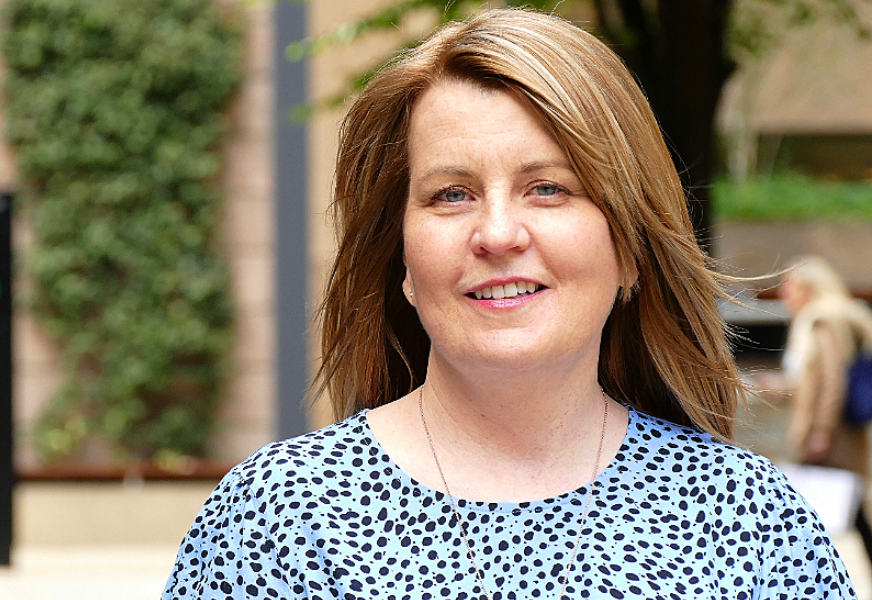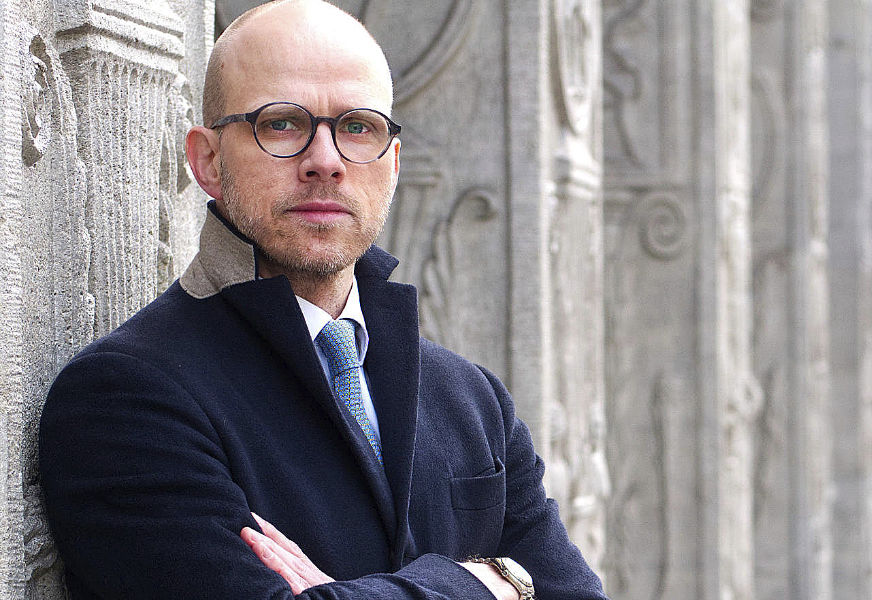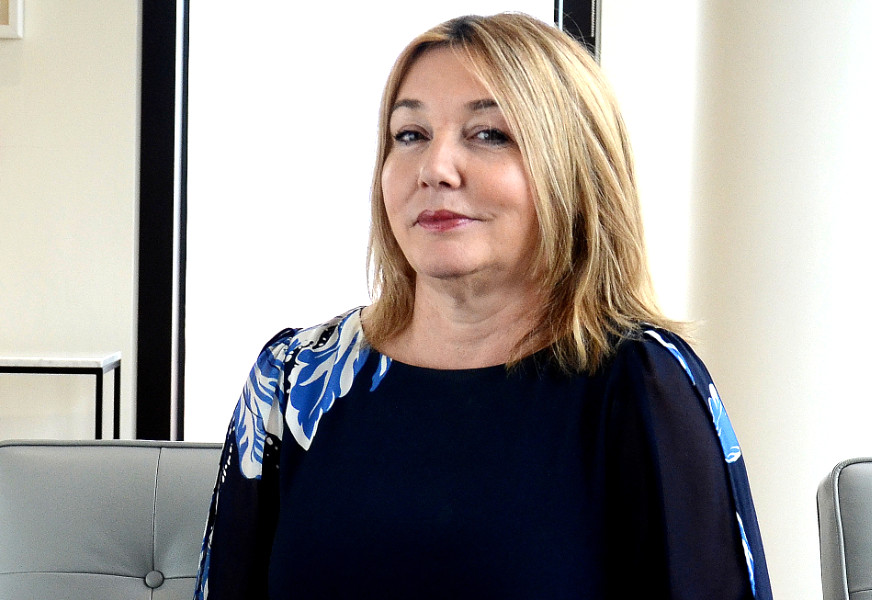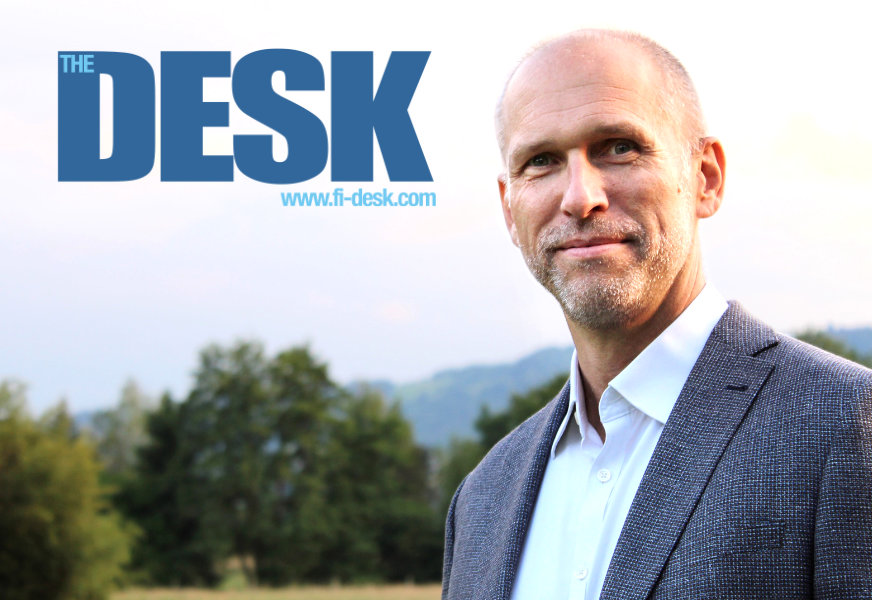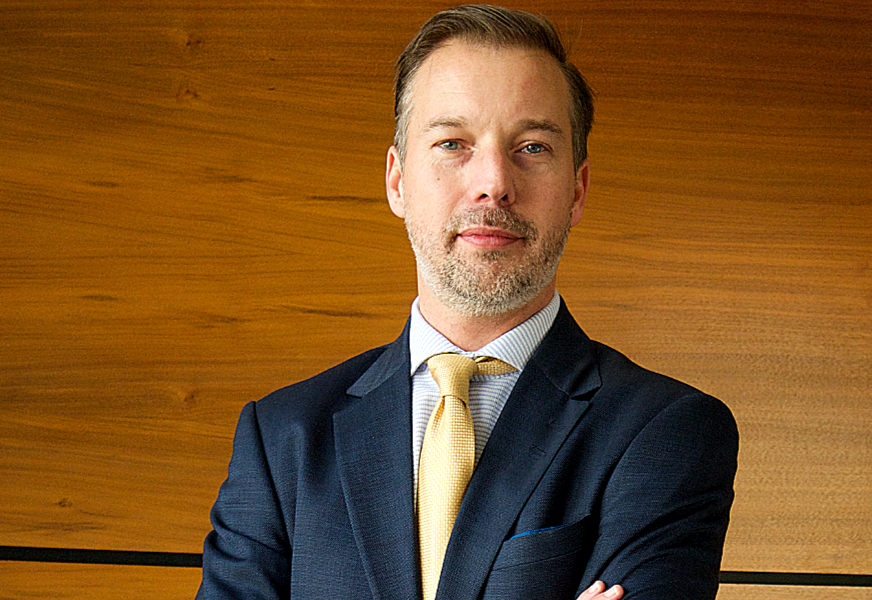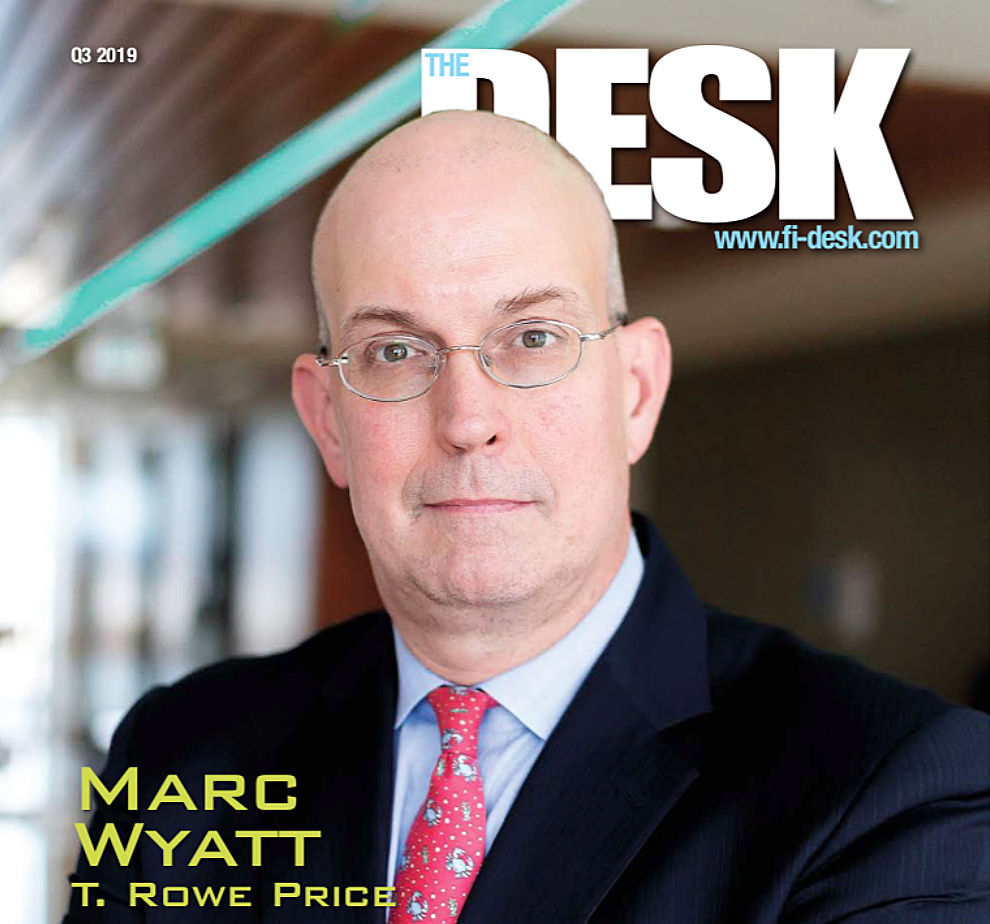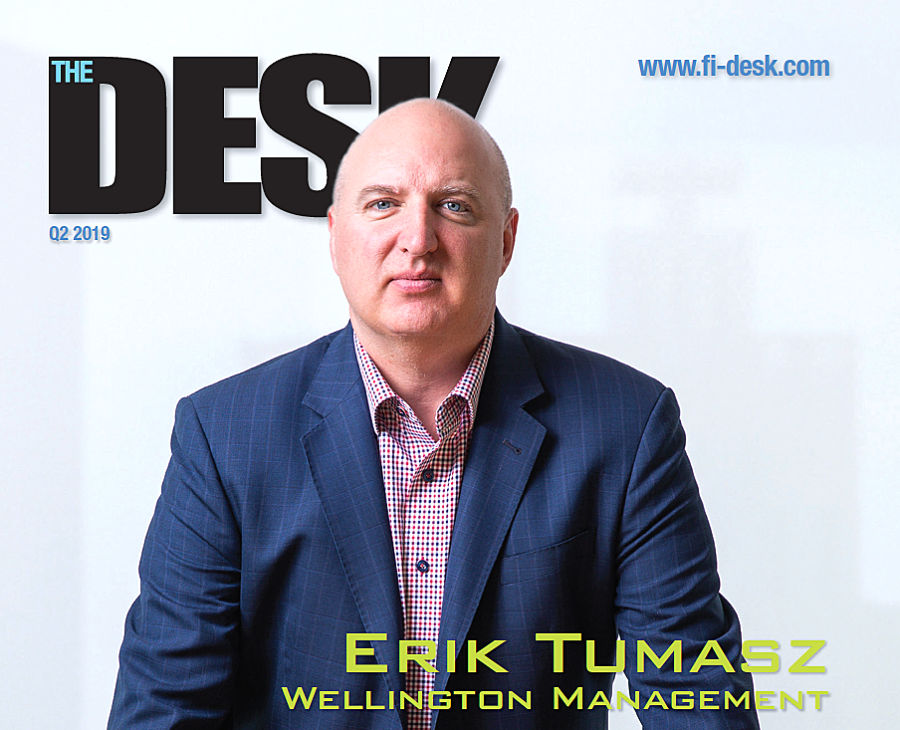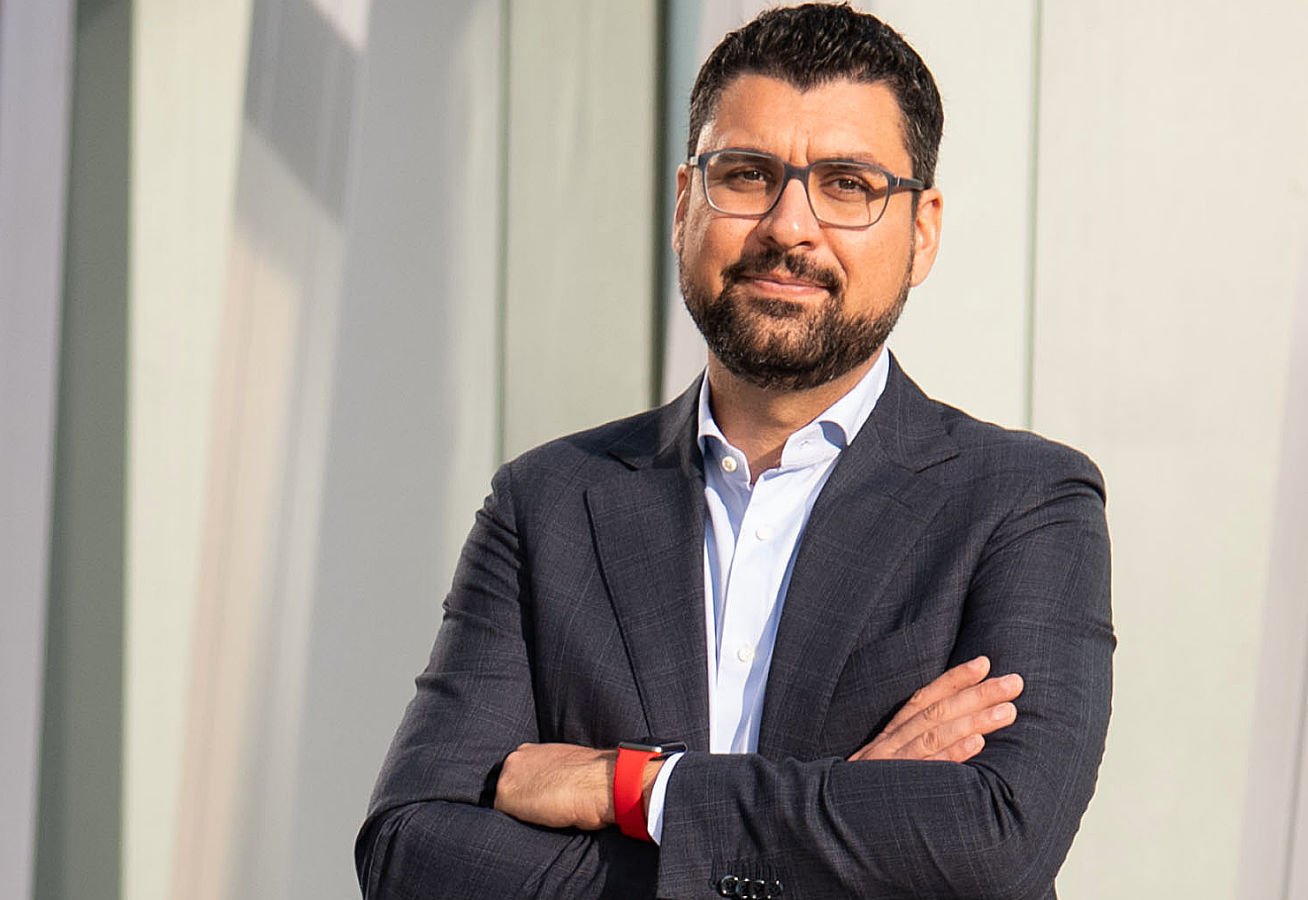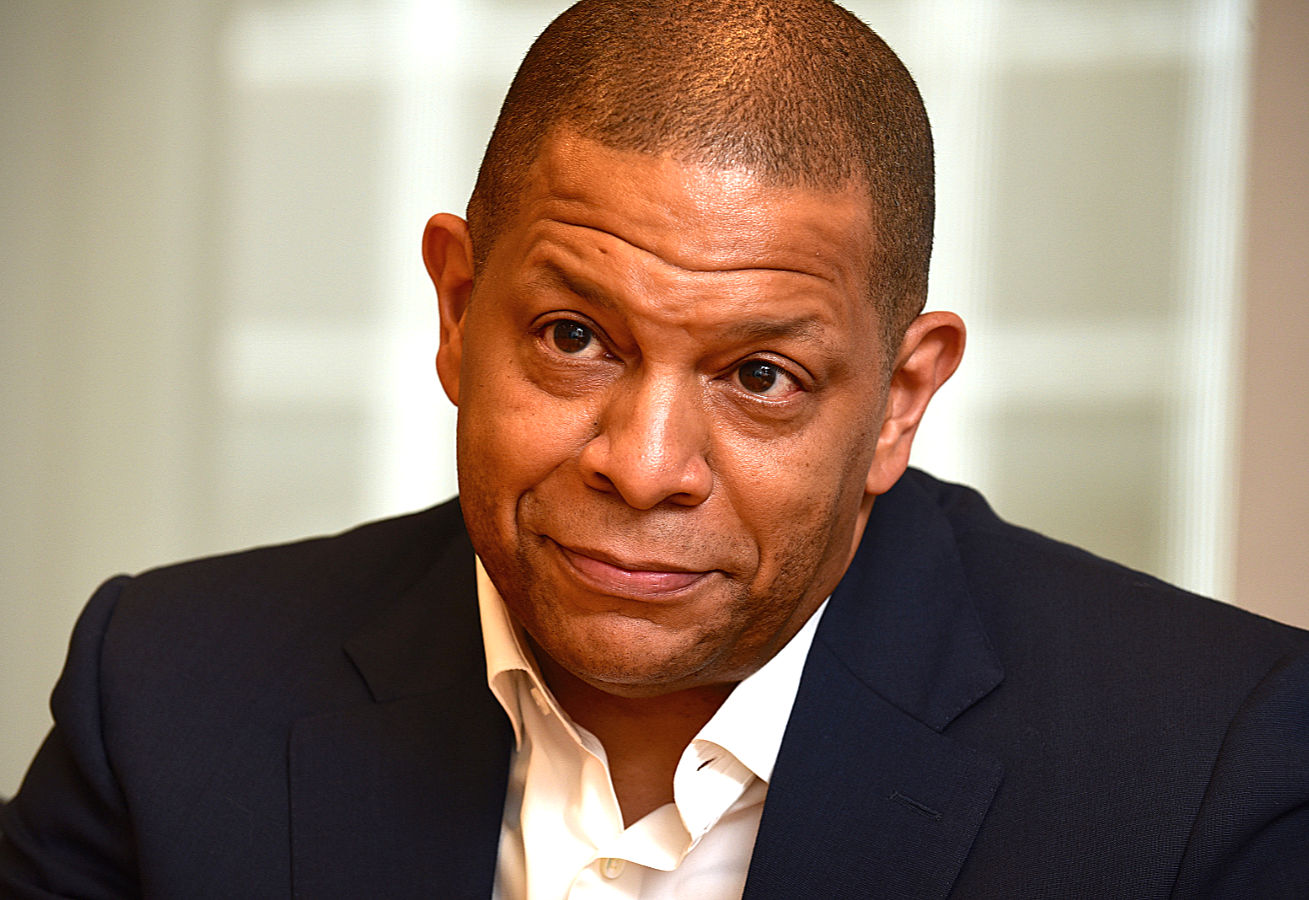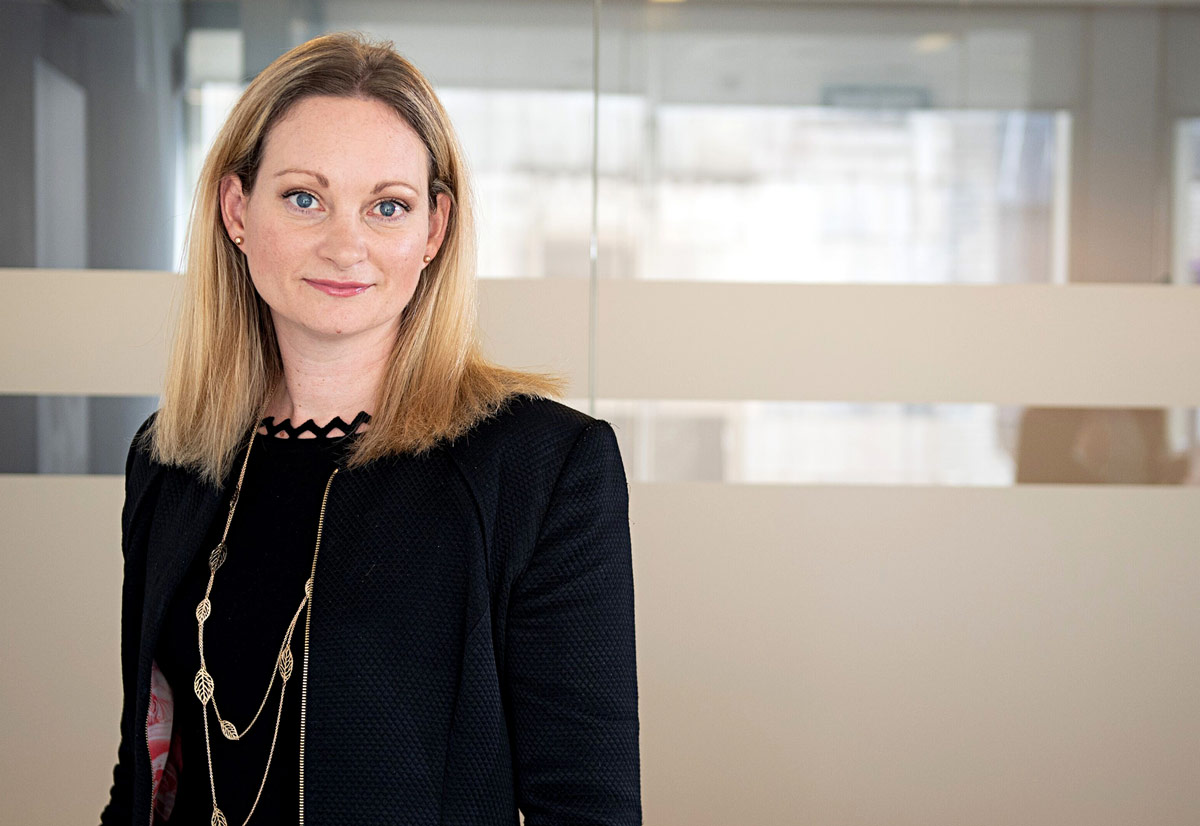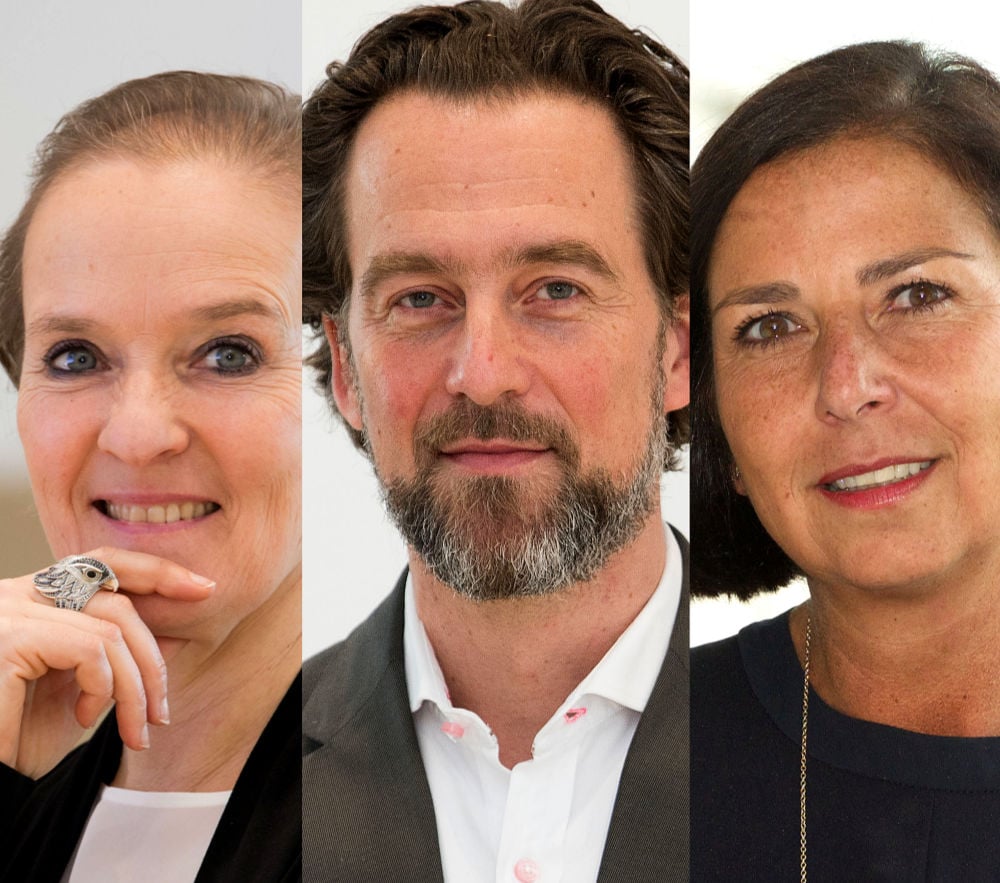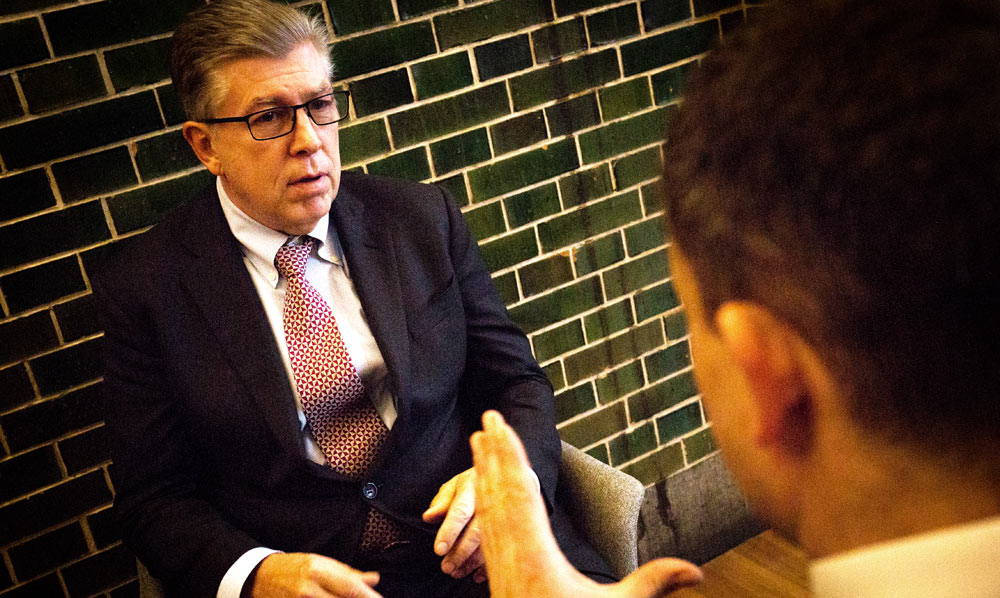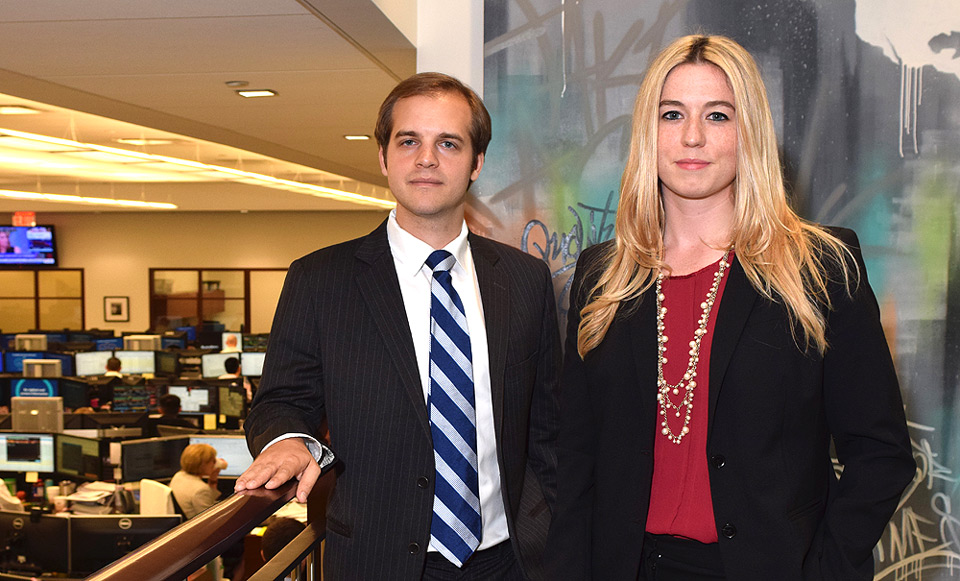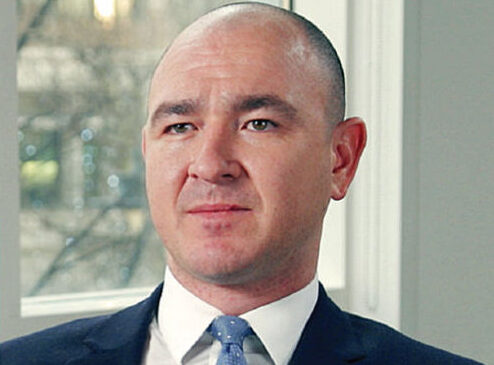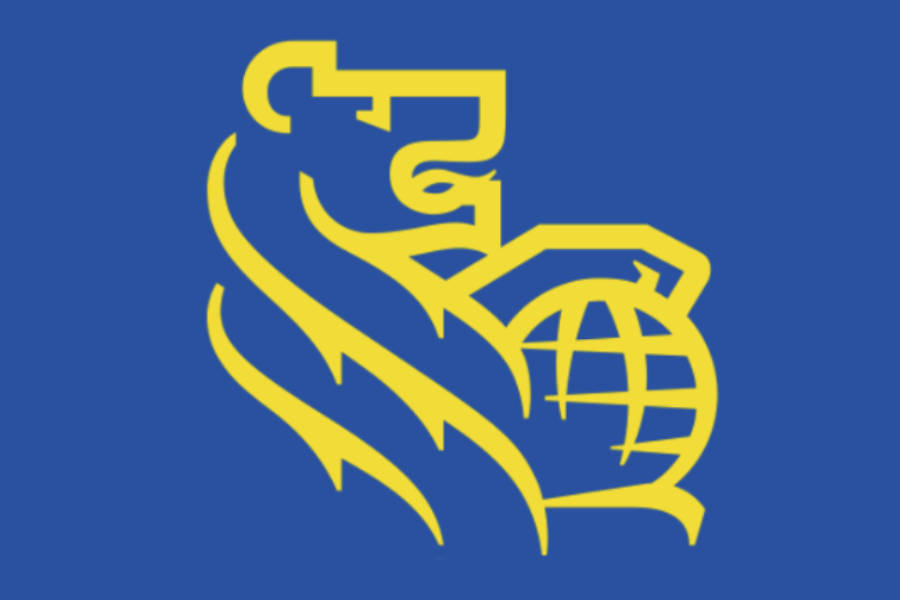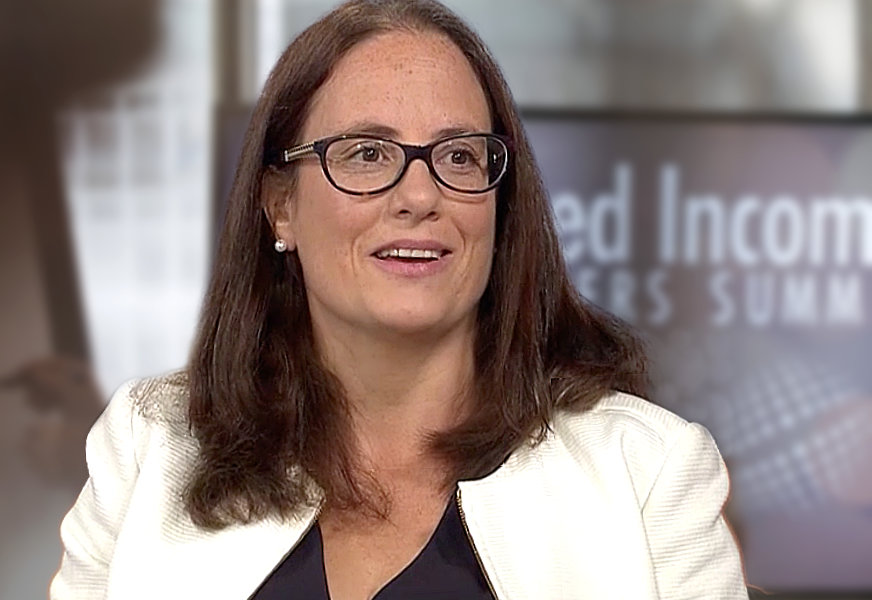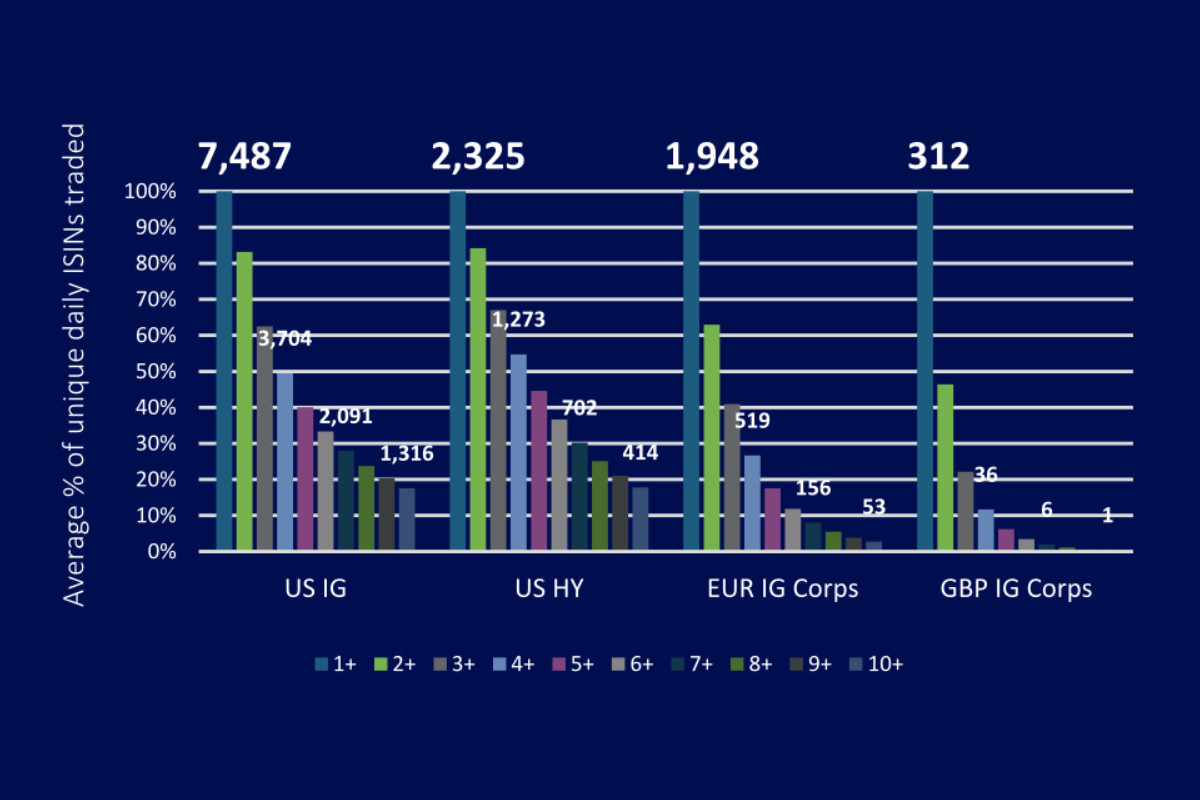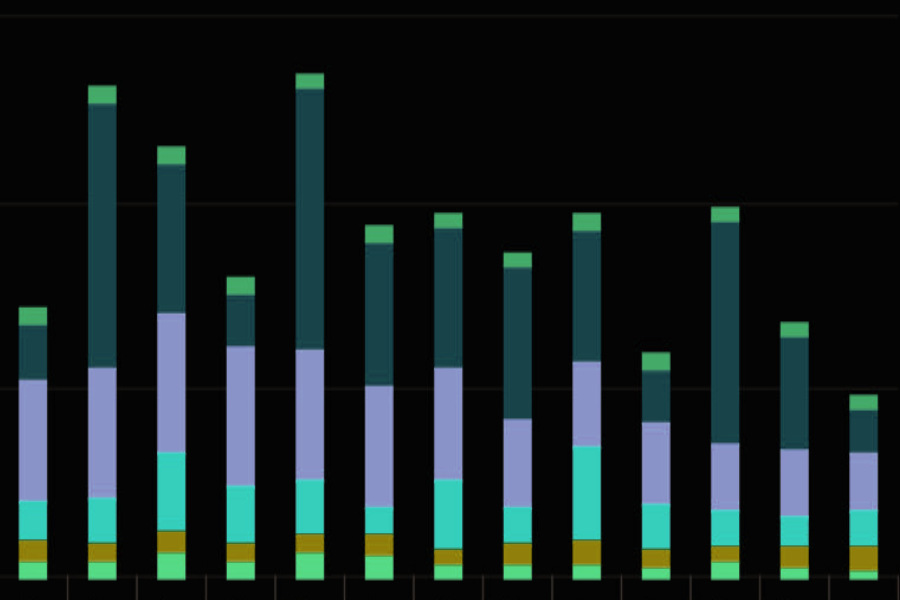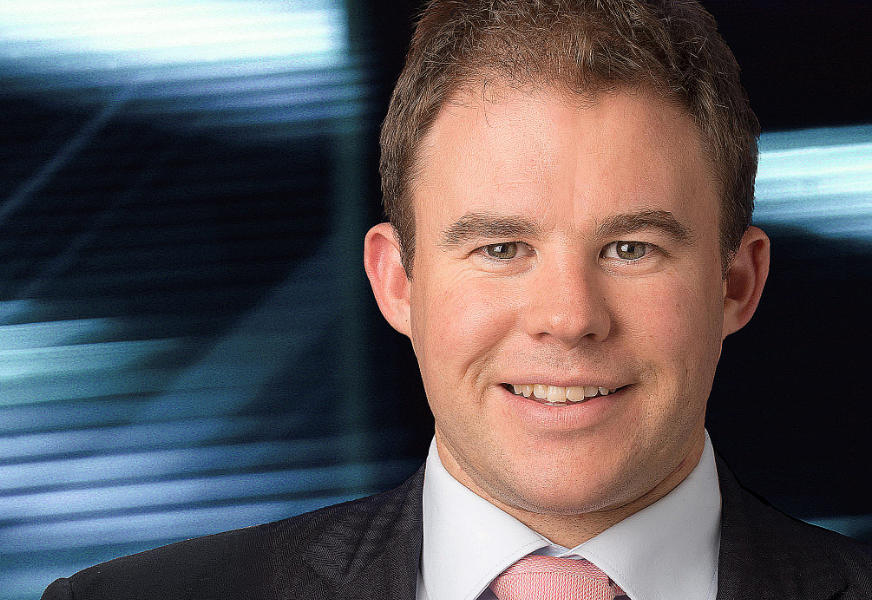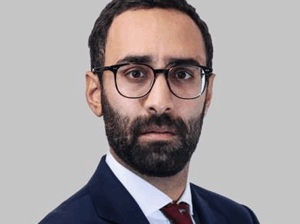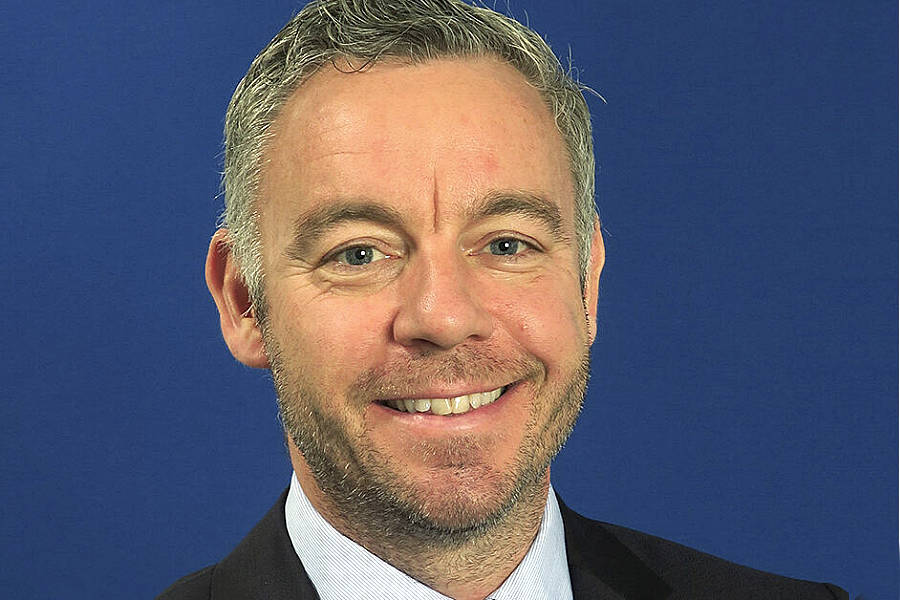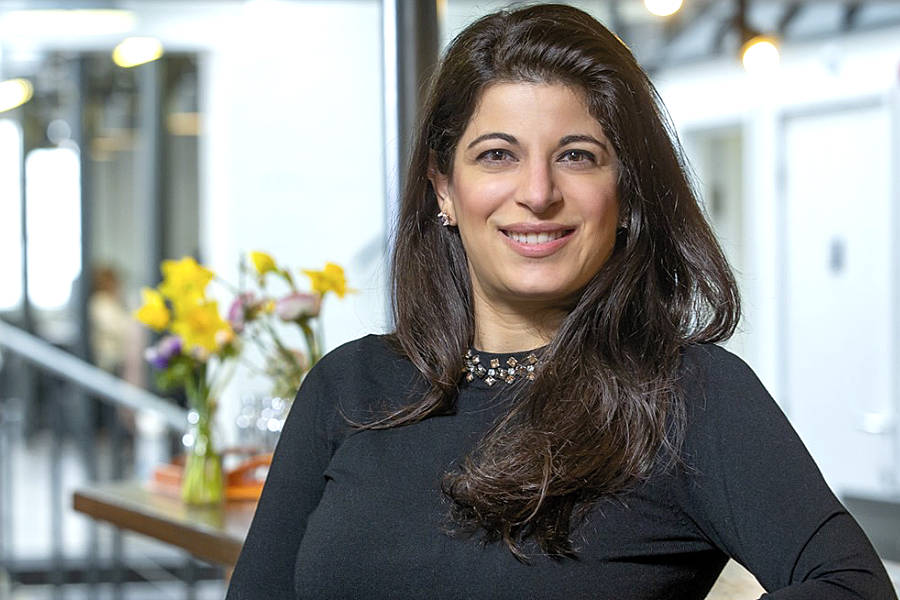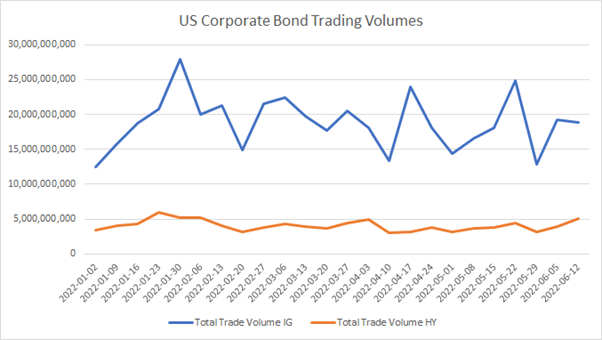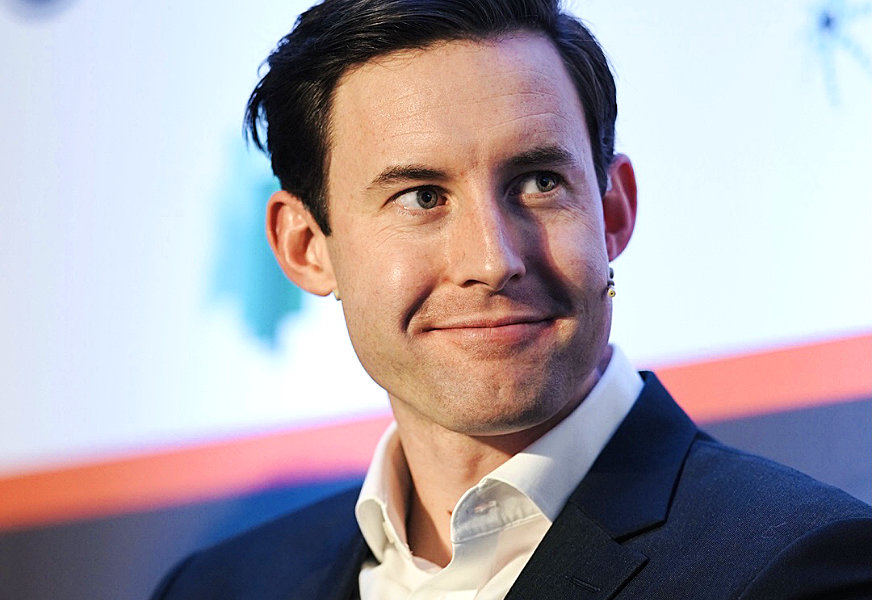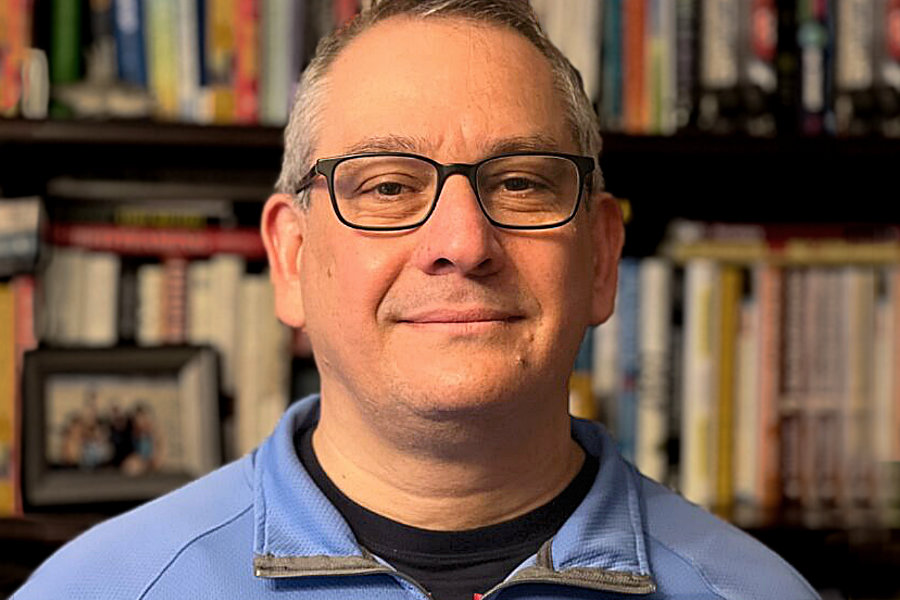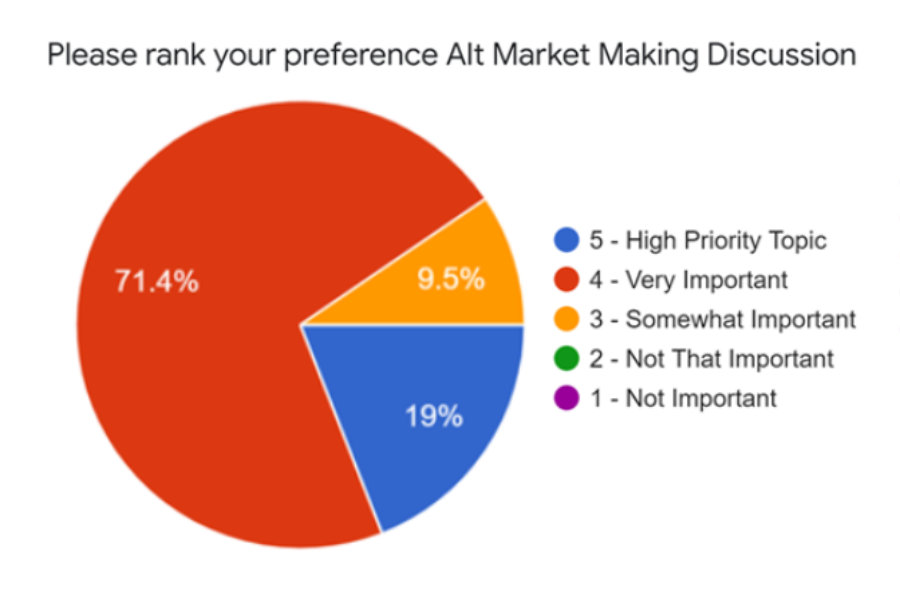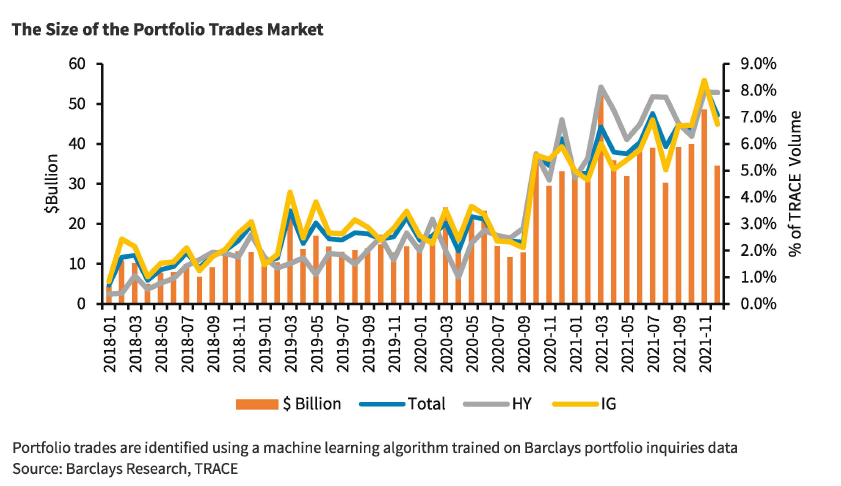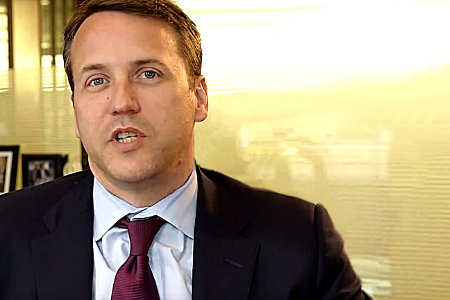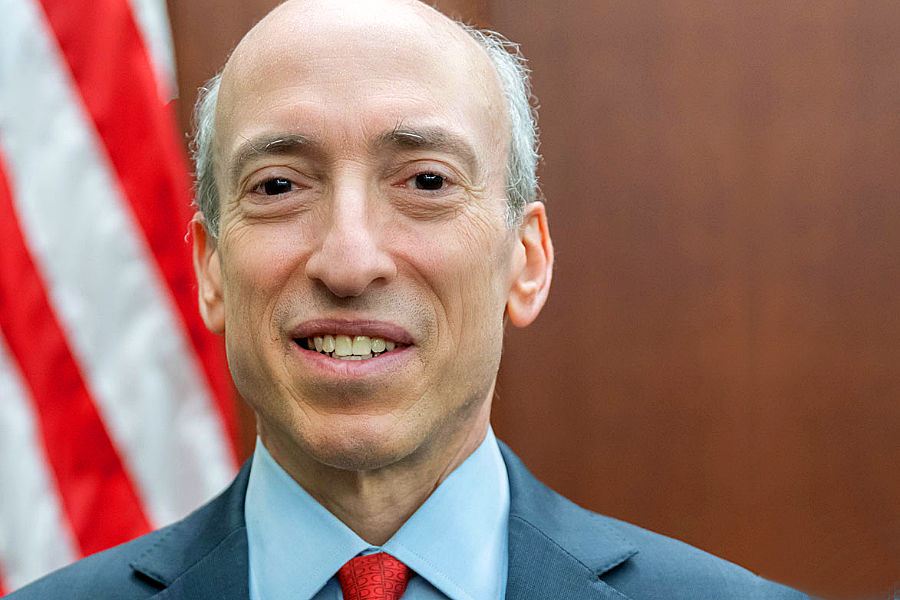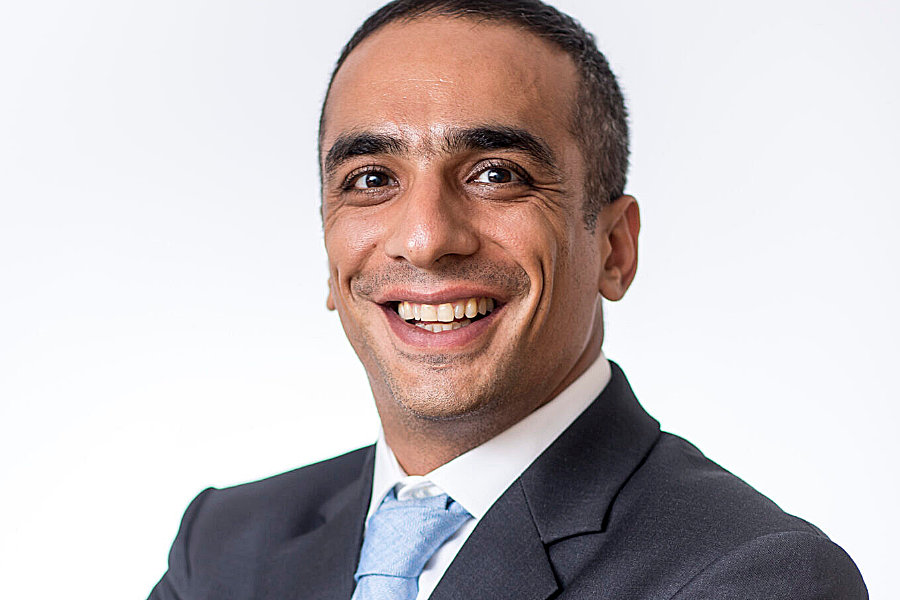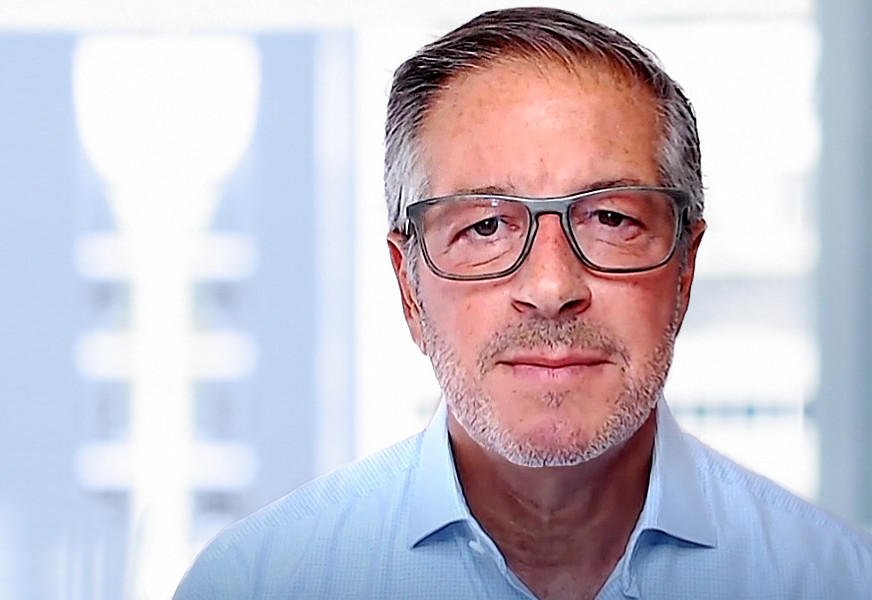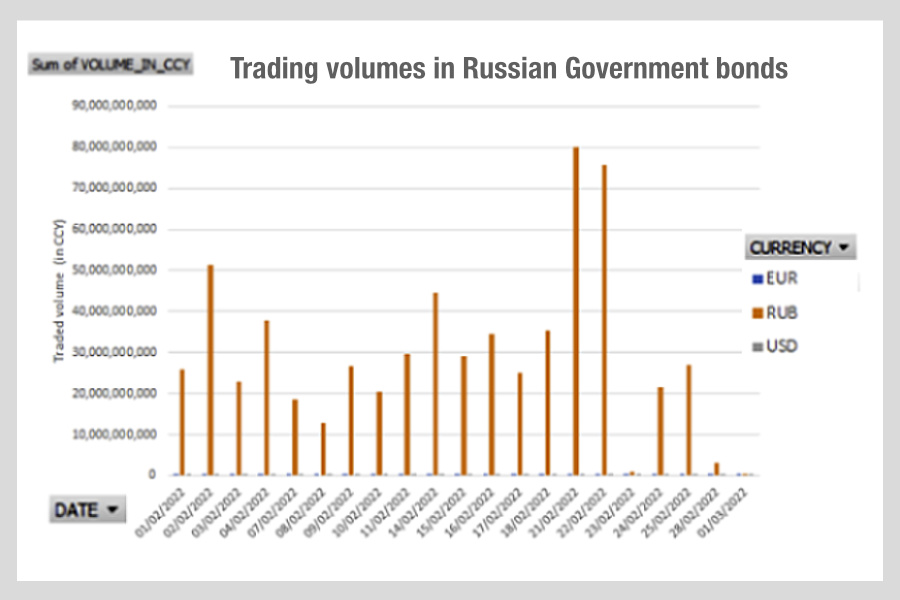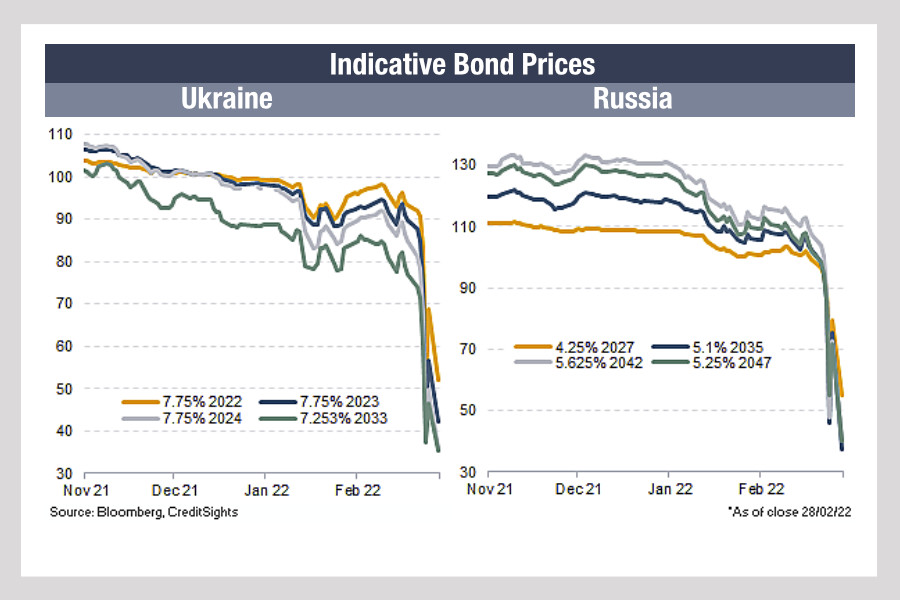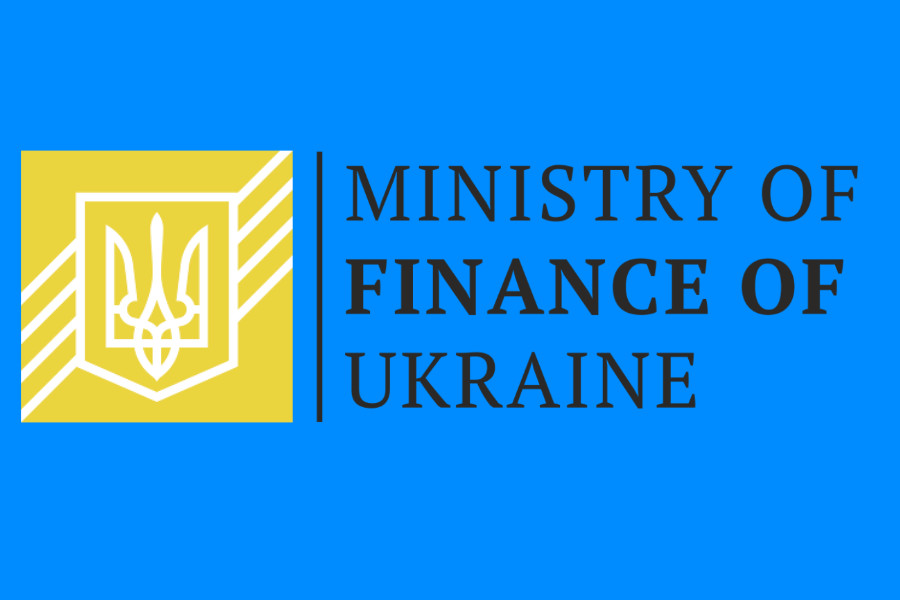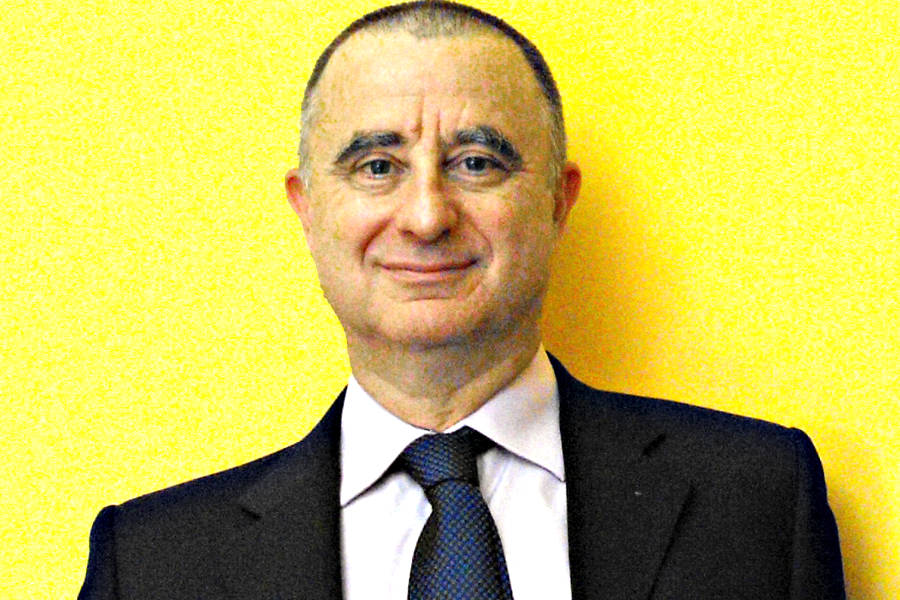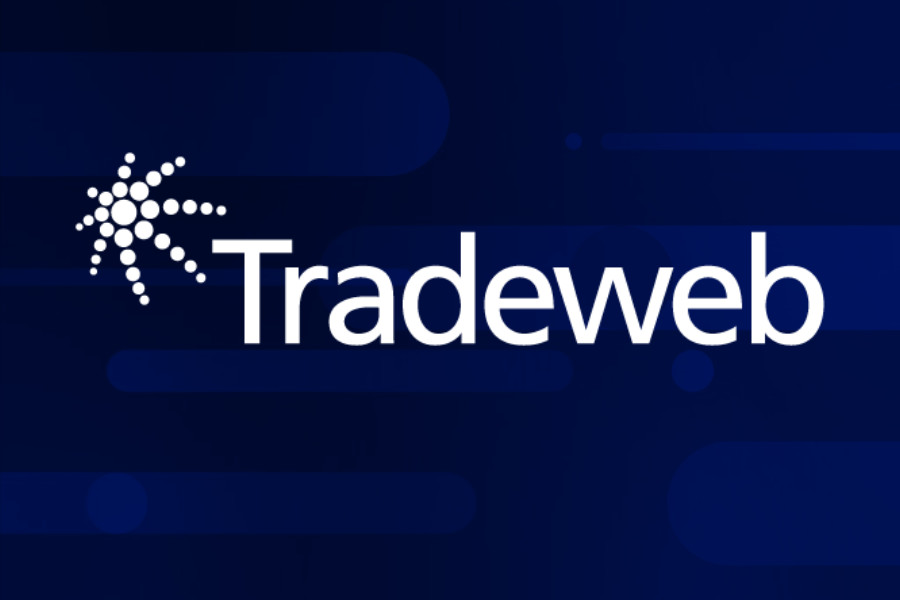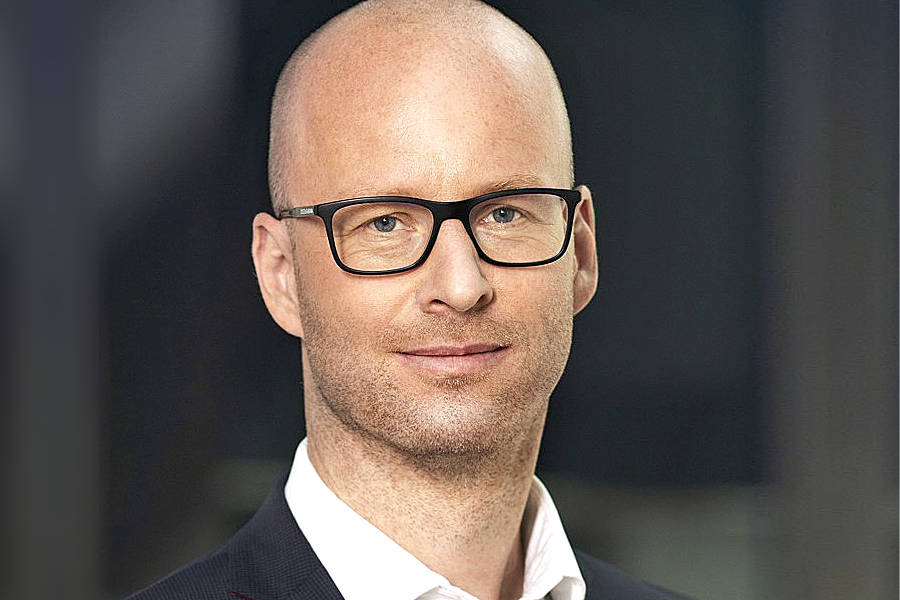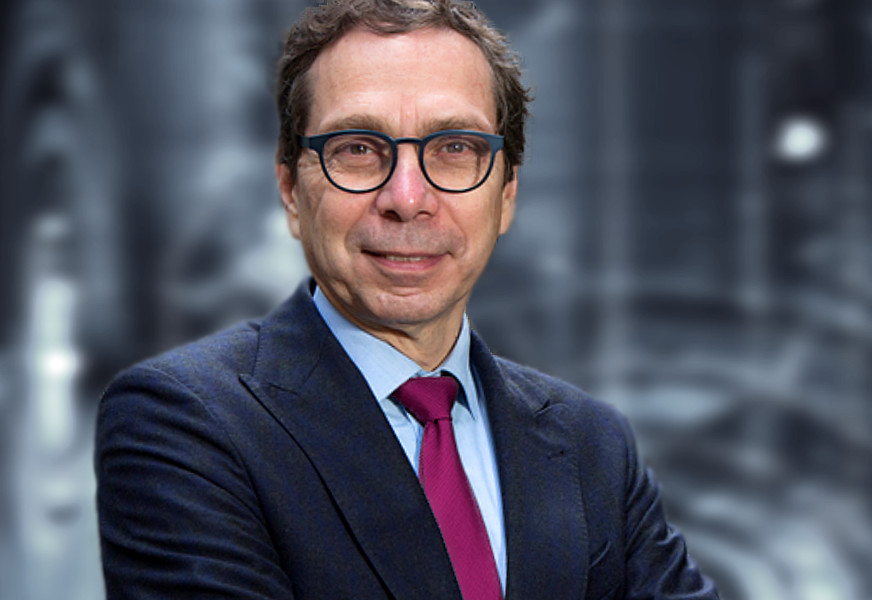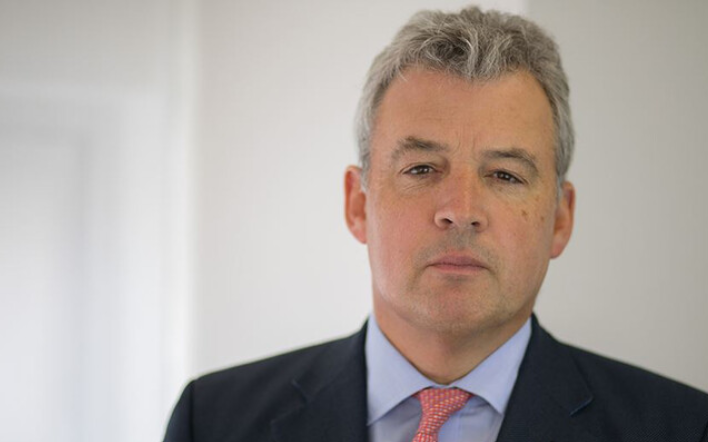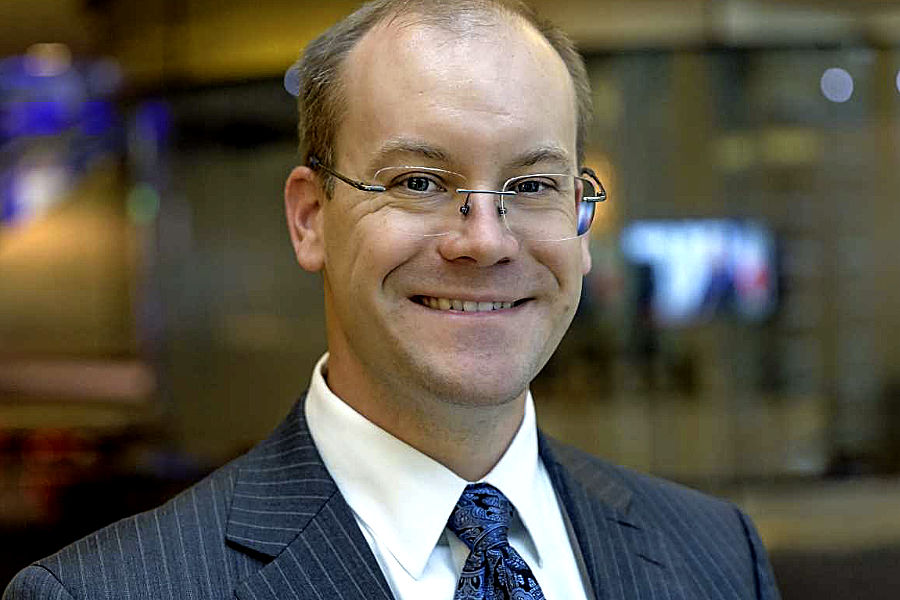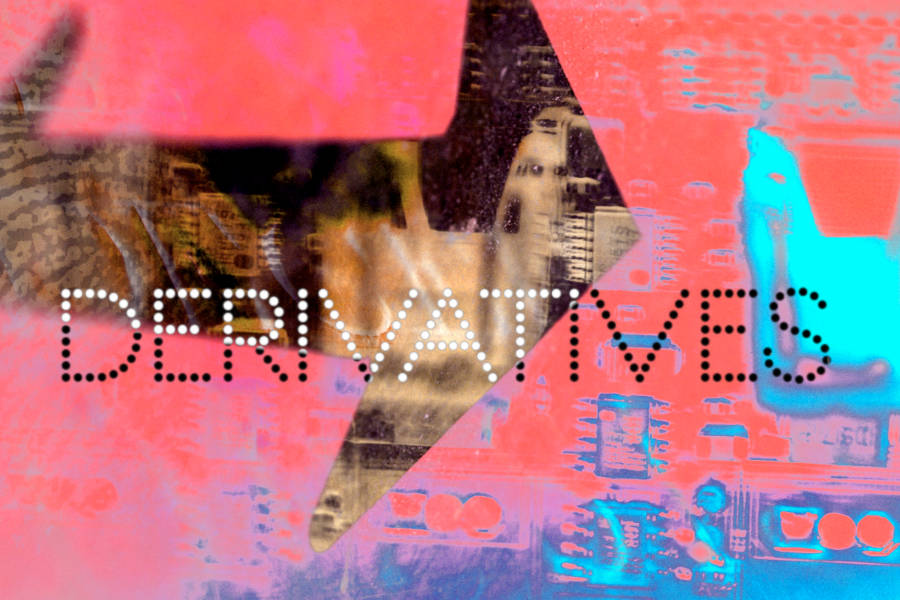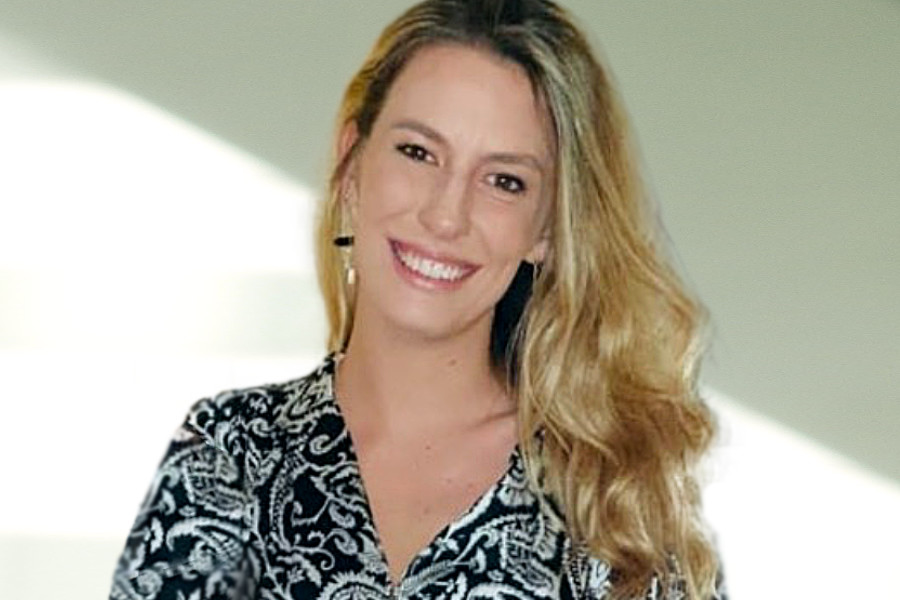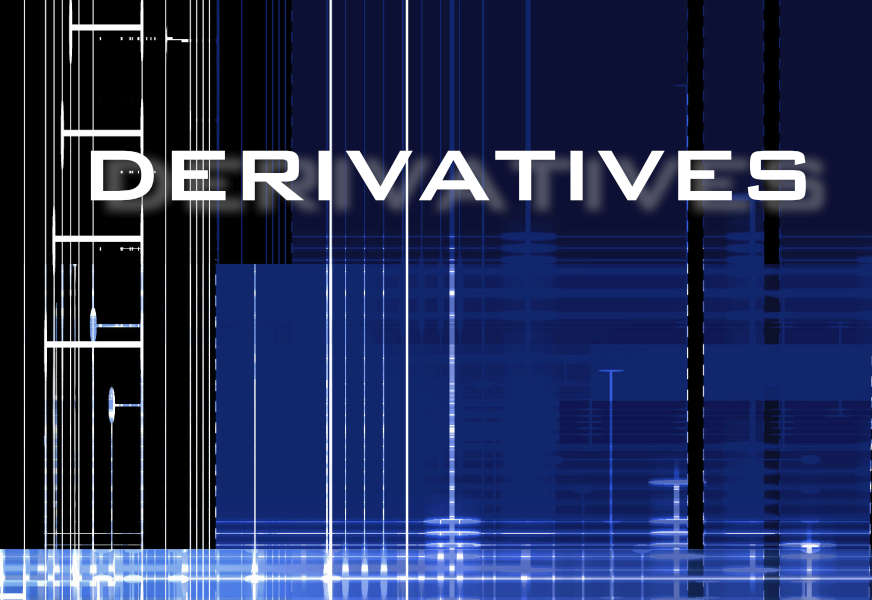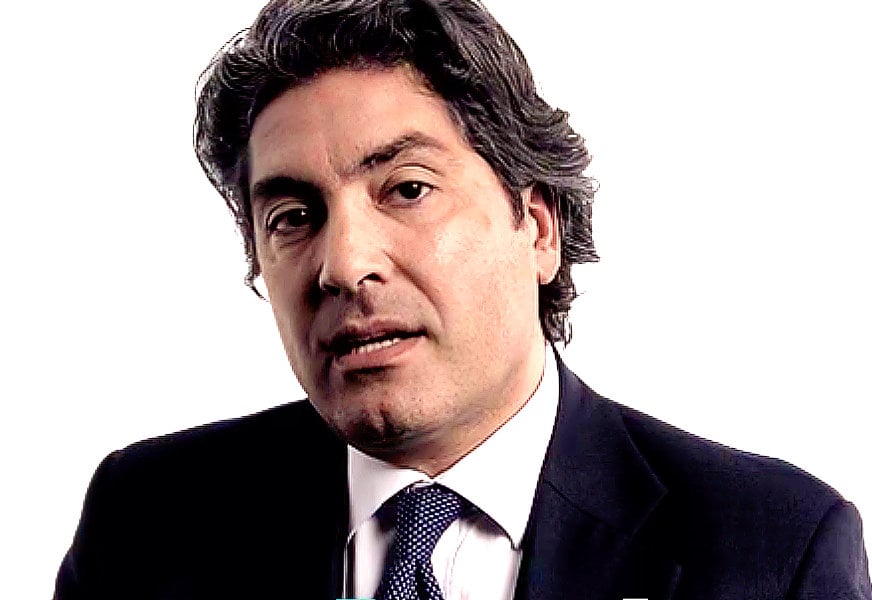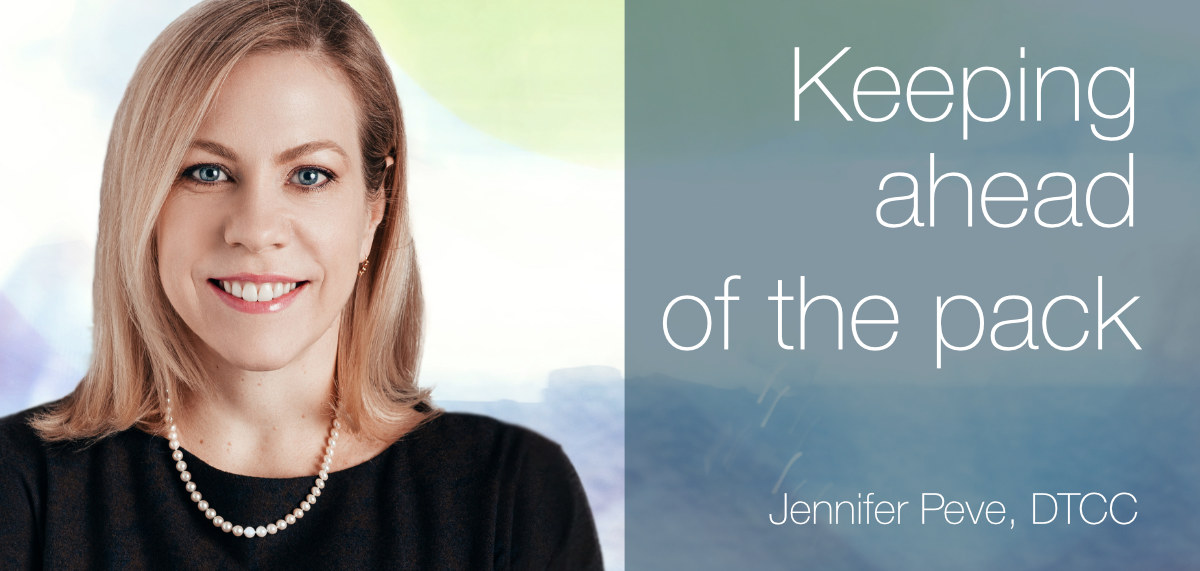Jennifer Peve talks to Lynn Strongin Dodds about innovation, experimentation and connections.
Jennifer Peve, managing director of Business Innovation at Depository Trust & Clearing Corporation (DTCC) is living up to her job title. In the past five years, the US based market infrastructure provider has been at the forefront of the cutting-edge trends of digitalisation and tokenisation.
Peve oversees business development activities across the DTCC Solutions portfolio, working internally as well as externally with clients and third-party providers to seek opportunities for new products. In addition, she is responsible for identifying potential acquisitions, partnerships, and mergers to broaden DTCC’s capabilities.
The other aspect of Peve’s job is to define DTCC’s strategy for new and emerging technology innovation, which includes exploring and experimenting with fintech. She, along with her colleagues and the industry, also discuss key topics and develop thought leadership.
“We look at how we can leverage technology to bring an idea to life and introduce new ways of working to mitigate risks, generate greater operational efficiencies and reduce costs for clients,” says Peve. “The thought leadership role is about sharing lessons learnt and staying abreast of the latest developments.”
However, before the team even gets to a drawing board, they engage in zero based thinking which is a systematic process that allows a person to reflect on past decisions and then ask, based on actual outcomes, if they would choose the same or change direction. In effect, it works like hindsight in that it is based on experience and then applied from a hypothetical future to the actual present in order to maximise the chance of success and/or avoid the risk of failure.
“Zero-based thinking is like taking a blank sheet of paper that allows you to tear something down and then build it up again,” says Peve. “It is helpful when you are looking at a new business initiative or want to explore a new idea because it provides a better understanding of the market, trends and industries. It allows you to consider the capabilities and processes that may not have existed before.”
Peve is also a strong believer in the value of industry collaboration to develop solutions because as she says, “market structures shouldn’t build solutions in isolation but instead partner with industry participants who have the capabilities, skillset or knowledge to identify relevant initiatives and make a project work.”
Currently, DTCC is looking for client engagement on two projects – ION and Whitney – which are at the experimentation stage. They both aim to use blockchain technology to improve the current business models. The former, which, is targeted at public markets, is a proof of concept (POC) that aims to validate an alternative, faster digital settlement service that maintains central netting and prevents fragmentation of the clearing and settlement ecosystem.
Project Whitney, on the other hand, is a prototype for a digitised private market infrastructure for each stage of private securities, from issuance to transfer. The theory is that security tokens among other solutions could eliminate much of the manual processes, leading to a smoother, more efficient market for private securities.
“Projects Ion and Whitney represent the next steps in our digitalisation journey,” Peve said. “Both serve as examples of practical experimentation incorporating innovative technology and business concepts designed to strengthen post-trade processes and provide a resilient, secure and efficient post-trade infrastructure for the industry.”
Although Covid-19 has created challenges for the industry, Peve believes that it has also “underscored the importance of digitisation and reinforced that digital transformation of post-trade infrastructure has the potential to reduce risk and costs, enhance efficiency, and increase safety and stability of the marketplace. Particularly since the market volatility in March, we have seen the benefits of a more automated digitized ecosystem, as well as the need for further dematerialisation regarding physical securities processing.”
On a more micro level, Peve has tried to replicate her team’s collaboration as well as maintain their enthusiasm and entrepreneurial spirit in a virtual setting. “DTCC has always had flexible work arrangements in place, but my team always preferred to engage in person,” she says. “What we are doing now is having to reset a new normal. People have had different experiences, but they have had to create new patterns and routines.”
She says technology has been an enabler that has allowed them to connect with each other, as well as other colleagues and clients daily. “A huge part of what our team did was use white boards to write down different solutions, but this is not as easy with a mouse as it is with a pen. As a result, we are leveraging different video tools to facilitate the process.”
While maintaining strong professional relationships is key, Peve also ensures that her team stay connected on a personal level as working from home can be difficult for some people. “We have our daily call, but we also make sure we have virtual ‘happy hours’ where we are not allowed to discuss work,” she adds.
Although project management, design, strategy, and innovation have featured throughout Peve’s career, her first job was not in financial services but in the energy sector in Texas where she spent part of her childhood. She honed her skills at companies such as Basis Petroleum and Cargill Investor Services before moving onto CME Group in 2008 where she served as executive director of OTC Product Management, responsible for the firm’s cleared OTC credit default swaps (CDS) business including growth strategy, business development, and go-to-market activities.
Reflecting on her career to date, Peve says that most of the companies she has worked for have been supportive of workforce collaboration and opening career opportunities. The way I evolved is I took the opportunities that were available. I jumped in and raised my hand. This does not mean that I did not run into difficult situations, but it made me think about the best ways to manage them and to progress. Having confidence in your abilities is the best way to get noticed.”
She adds, “The hope one day is that we will not need a special category for women in finance and it will just be people but in the meantime, women continue to be underrepresented in the industry and it is important to celebrate their successes. The more visibility we give them, the more we advance diversity and inclusion. For example, younger women may be discouraged from entering a career in finance or technology but organisations that make it a high priority will attract their talent.”
©BestExecution & The DESK 2020

